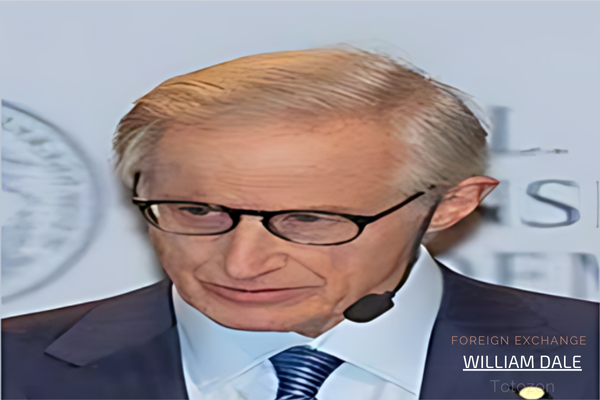Foreign Exchange
$6.00
File Size: Coming soon!
Delivery Time: 1–12 hours
Media Type: Online Course
Navigating the World of Foreign Exchange
Introduction: Why Foreign Exchange Matters
In today’s global economy, understanding foreign exchange (forex) is crucial for anyone engaged in international business or investment. But what exactly is foreign exchange, and why is it so important? Let’s dive into the intricate world of forex and explore its key components, benefits, and strategies.
What is Foreign Exchange?
Definition of Foreign Exchange
Foreign exchange refers to the process of changing one country’s currency into another’s for various purposes, including commerce, trading, or tourism.
The Scale of Forex Markets
Forex is the largest financial market in the world, with a daily trading volume exceeding $6 trillion. It operates 24/7, involving major financial centers across the globe.
Key Players in the Forex Market
Central Banks
Central banks, like the Federal Reserve in the U.S., play a pivotal role in forex markets by setting interest rates and implementing monetary policy.
Commercial Banks and Financial Institutions
These entities engage in forex transactions to facilitate international trade and meet the needs of investors and companies.
Individual Investors and Traders
With the advent of online trading platforms, individual participants can also engage in forex trading, attempting to profit from currency price fluctuations.
How Does Foreign Exchange Work?
Currency Pairs Explained
In forex, currencies are traded in pairs, such as EUR/USD or USD/JPY. Each currency pair represents the exchange rate between the two currencies.
The Spot Market
The spot market is where currencies are traded for immediate delivery. It is the largest forex market, accounting for most currency trades.
Forward and Futures Markets
These markets deal with contracts for future delivery of a currency. They are popular among those looking to hedge against currency risk.
Advantages of Forex Trading
Liquidity and Accessibility
Forex markets offer high liquidity, meaning large amounts of money can be moved into and out of currencies with minimal price movement.
Market Hours
Since the forex market operates around the clock, traders have the flexibility to respond to global events as they occur.
Leverage Opportunities
Forex markets provide opportunities to use leverage, allowing traders to control large positions with relatively small amounts of capital.
Risks Associated with Forex Trading
Market Volatility
While volatility can present trading opportunities, it also increases the risk of substantial losses.
Leverage Risks
Although leverage can amplify gains, it can also magnify losses, potentially exceeding the initial investment.
Strategies for Successful Forex Trading
Technical Analysis
Traders use historical price charts and market statistics to forecast future currency movements.
Fundamental Analysis
This involves evaluating economic indicators, government policies, and other factors to predict currency movements.
Risk Management Techniques
Successful traders always employ risk management strategies to protect against unexpected market shifts.
Conclusion: Mastering the Art of Foreign Exchange
Understanding and participating in the foreign exchange market can be a daunting but rewarding endeavor. With the right knowledge and strategies, individuals and businesses can effectively navigate forex markets and leverage opportunities for financial growth.
FAQs
What exactly is foreign exchange?
Foreign exchange involves trading one currency for another and is crucial for global economic transactions.
Who are the major players in the forex market?
Key players include central banks, commercial banks, financial institutions, and individual traders.
What are the benefits of forex trading?
Forex trading offers high liquidity, market accessibility, and the potential for profit leveraging.
What risks should traders be aware of?
The primary risks include market volatility and the potential for significant losses, especially when using leverage.
How can one succeed in forex trading?
Success in forex trading requires understanding both technical and fundamental analysis, as well as strict risk management.
Be the first to review “Foreign Exchange” Cancel reply
You must be logged in to post a review.
Related products
Forex Trading
Forex Trading
Forex Trading
Forex Trading
Forex Trading
Forex Trading
Forex Trading
Forex Trading
Forex Trading
Forex Trading
Forex Trading

 ICT Prodigy Trading Course – $650K in Payouts with Alex Solignani
ICT Prodigy Trading Course – $650K in Payouts with Alex Solignani 





















Reviews
There are no reviews yet.